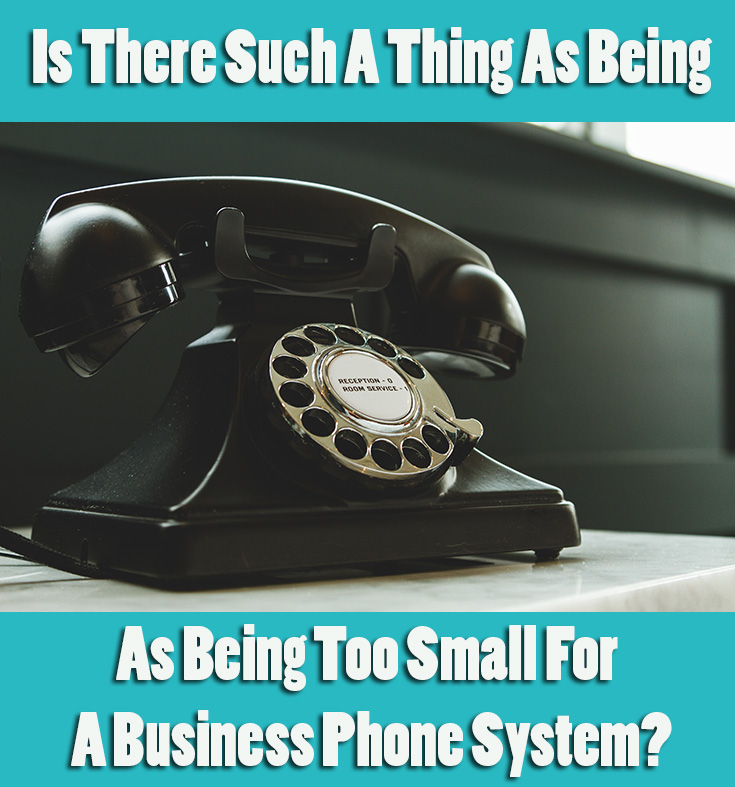The truth of the matter is, some tools are much more valuable for some companies than they are for others. I think this can be true in many types of businesses. This is typically based on the level of need you have for it. Sometimes, a company is just too big or too small for a certain tool to be of much value at all. In this case, a question that often gets asked is whether a business phone system has much merit for a smaller business.
Why should a Small Business get a Business Phone System?
An idea that a lot of small business owners have is that because they are small, there is simply no need for them to invest in a business phone system. After all, if all you have is a handful of employees, why should you need to worry about having the cream of the crop of phone systems? You could perhaps argue that you work fine without it, and that could be true, but most importantly, you need to be more forward-thinking than that. The problem with that kind of mindset is that it doesn’t afford you the possibility of advancing your business. As a result, it is that much more important that you look into a business phone system; if you don’t think you need it now, just consider it planning for when you do end up needing it.
A business phone system does so much for a small business, allowing not only for employees to more easily keep in touch with one another, but also for people to easily navigate to the places that they want to reach. It helps customers feel like they are being expedited, and it allows the customers’ interests to be prioritized more easily. By having more productive and efficient employees through the implementation of a business phone system, they can more easily keep their customers happy and served. While a business phone is not at all a “great equalizer” for a small business versus a big business, it definitely makes you more capable of taking on more things.
Beyond improving internal communication, many customer-facing small businesses now rely on automated front-desk solutions to handle routine calls and bookings so staff can focus on in-person service. For salons and spas in particular, an AI-driven assistant can answer calls 24/7, manage real-time appointment scheduling, and suggest relevant add-ons based on a client’s history. Exploring AI receptionist options can help owners understand how automation complements their team by routing complex requests to humans while taking care of repetitive tasks. That blend of continuity and handoff keeps the guest experience smooth without overburdening employees.
However, a traditional business phone system is not necessarily the only solution to the communication and productivity problem. For a smaller business, you may find it worthwhile to look into a virtual phone service, something that you can use with mobile phones. Most people have them, so it certainly wouldn’t be too much of a hassle to do. If you want to do a traditional business phone system, however, there are still options available. For example, you can go with Voice Over Internet Protocol (VoIP), or you can go with a traditional landline service. The nice thing about going with VoIP as your business phone system is that it comes with several worthwhile features, including the ability to set up an automated receptionist to more easily direct customers to where they need to go, among other features. No more having to leave people on hold (well, not as much, anyway).







Speak Your Mind